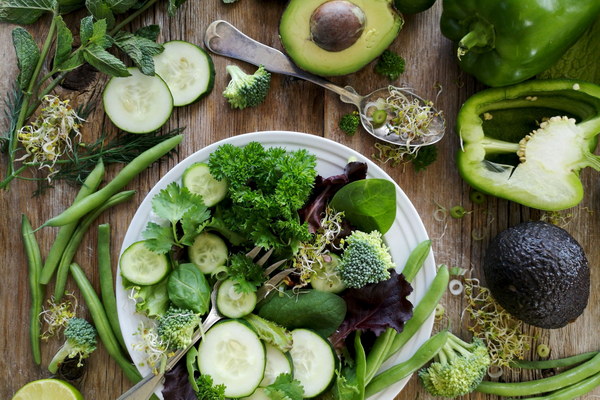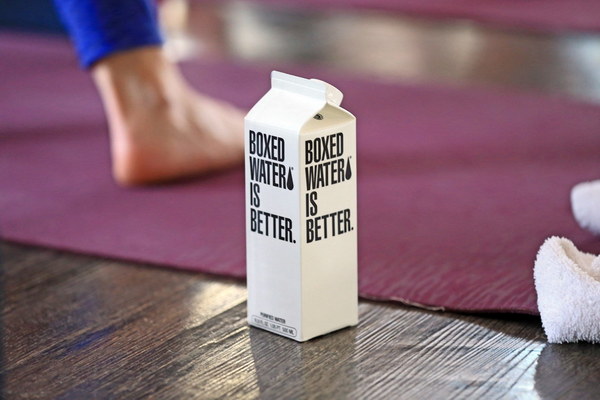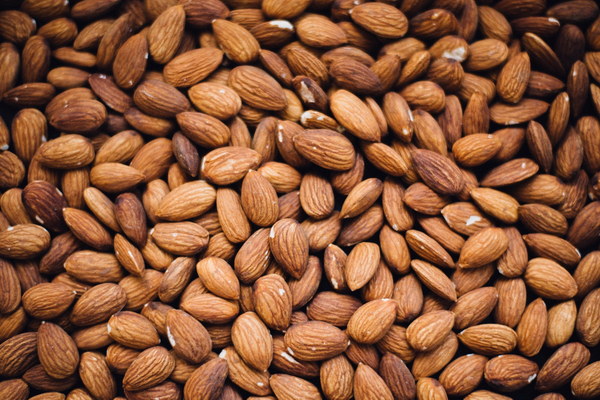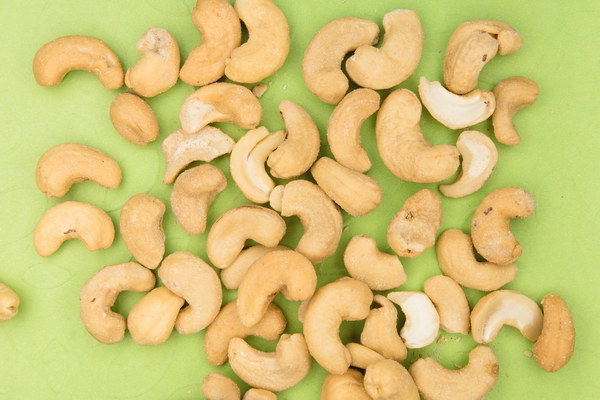Can Ginger Help Relieve Dampness Exploring the Traditional Remedy for Humidity-Related Health Issues
Introduction:
Humidity, often referred to as dampness in some cultures, is a common environmental factor that can lead to various health problems. Many people turn to natural remedies to combat dampness, with ginger being one of the most popular choices. But does ginger really help in alleviating dampness? In this article, we will explore the traditional use of ginger as a remedy for dampness and its effectiveness.
Understanding Dampness:
Dampness is a concept derived from traditional Chinese medicine (TCM), which refers to the accumulation of moisture in the body that can lead to a variety of health issues, such as fatigue, joint pain, and digestion problems. It is believed that dampness can be caused by factors like excessive humidity in the environment, improper diet, or stress.
Ginger as a Natural Remedy:

Ginger, scientifically known as Zingiber officinale, has been used for centuries in traditional medicine, including TCM. It is believed to have various health benefits, such as reducing inflammation, aiding digestion, and boosting the immune system. One of the traditional uses of ginger is to alleviate dampness in the body.
How Ginger Helps in Relieving Dampness:
1. Enhancing Digestion: Dampness is often associated with poor digestion, leading to bloating and discomfort. Ginger contains gingerols and shogaols, which have anti-inflammatory properties that can help improve digestion and relieve bloating.
2. Increasing Blood Circulation: By increasing blood circulation, ginger can help eliminate dampness from the body. Improved circulation ensures that nutrients are delivered to the cells and waste products are removed efficiently.
3. Boosting Immune System: Dampness can weaken the immune system, making the body more susceptible to infections. Ginger has been shown to have immune-boosting properties, which can help protect against illnesses caused by dampness.
4. Detoxifying the Body: Traditional Chinese medicine suggests that ginger has detoxifying properties that can help eliminate dampness from the body. It is believed to aid in the elimination of excess moisture and toxins through sweat, urine, and bowel movements.
5. Reducing Joint Pain: Dampness is often associated with joint pain and stiffness. Ginger has anti-inflammatory properties that can help reduce joint pain and improve mobility.
Using Ginger as a Remedy for Dampness:
To use ginger as a remedy for dampness, you can incorporate it into your diet in various ways:
1. Ginger Tea: Boil fresh ginger slices in water for 5-10 minutes, then strain and drink the tea. Adding honey or lemon can enhance the flavor and provide additional health benefits.
2. Ginger Soup: Prepare a soup with ginger, garlic, and other herbs that are believed to help alleviate dampness. This can be consumed daily to maintain a balanced body.
3. Ginger Snacks: Make ginger snacks, such as candied ginger or ginger chews, to enjoy as a healthy snack or to aid digestion.
Conclusion:
While scientific evidence supporting the effectiveness of ginger in alleviating dampness is limited, traditional practices suggest that ginger can help reduce dampness-related symptoms. Incorporating ginger into your diet can be a natural and beneficial way to support your overall health, especially during humid weather or when you feel symptoms of dampness. However, it is important to consult with a healthcare professional before starting any new treatment, especially if you have underlying health conditions.









